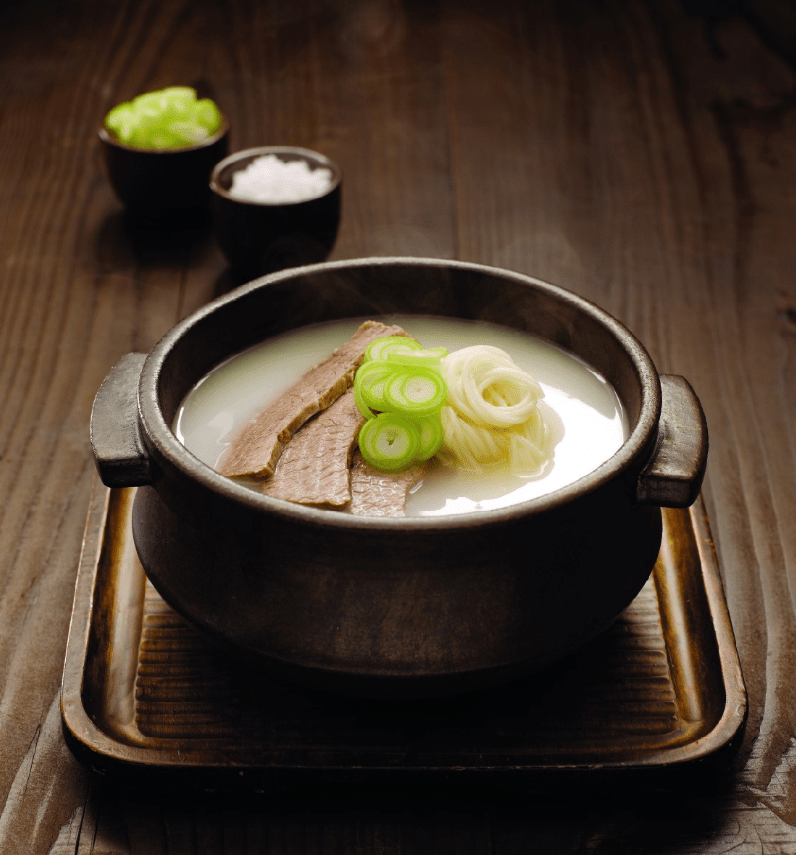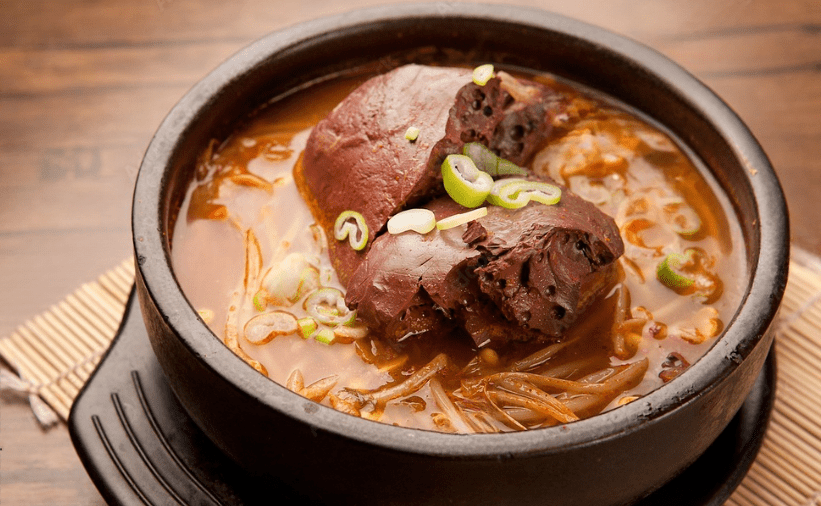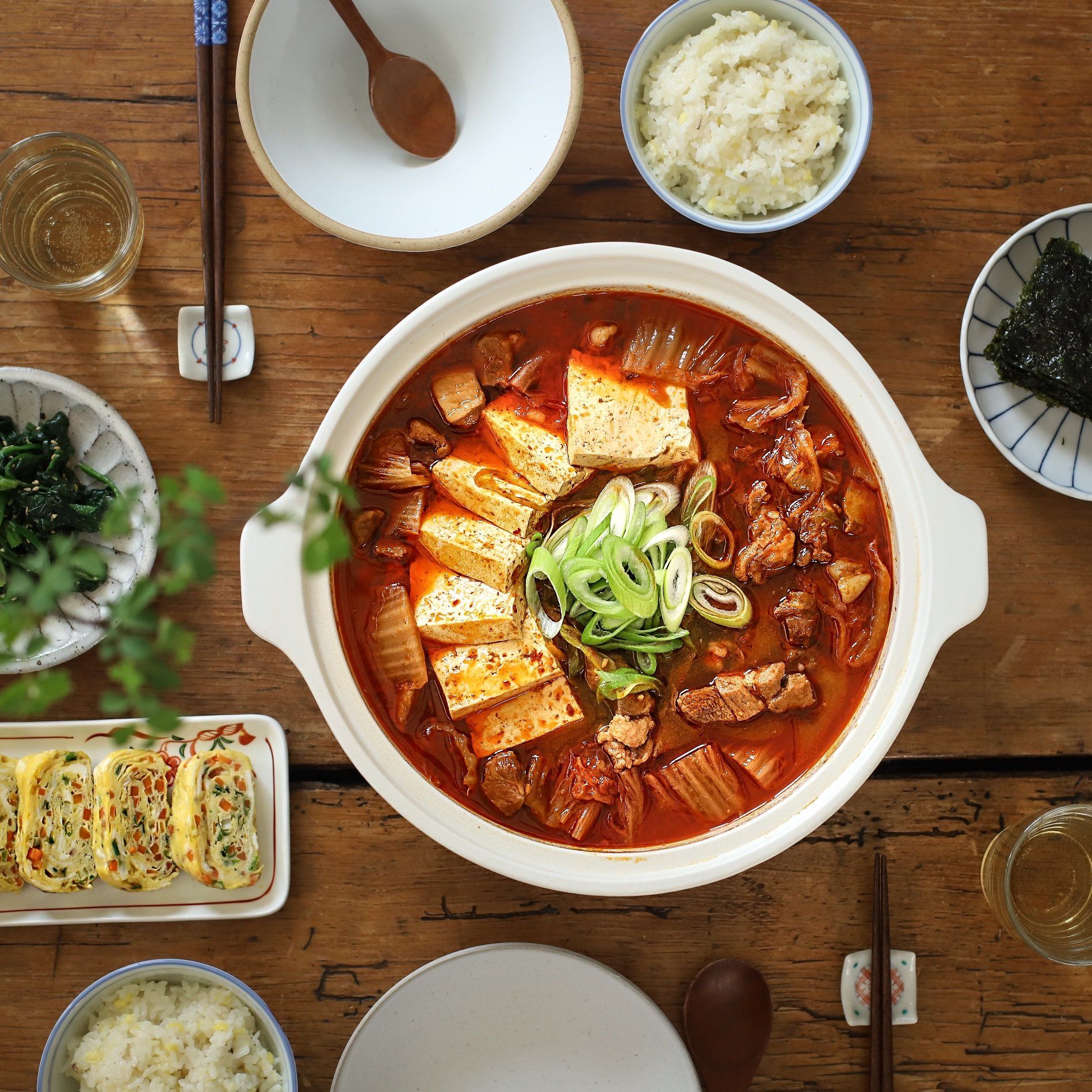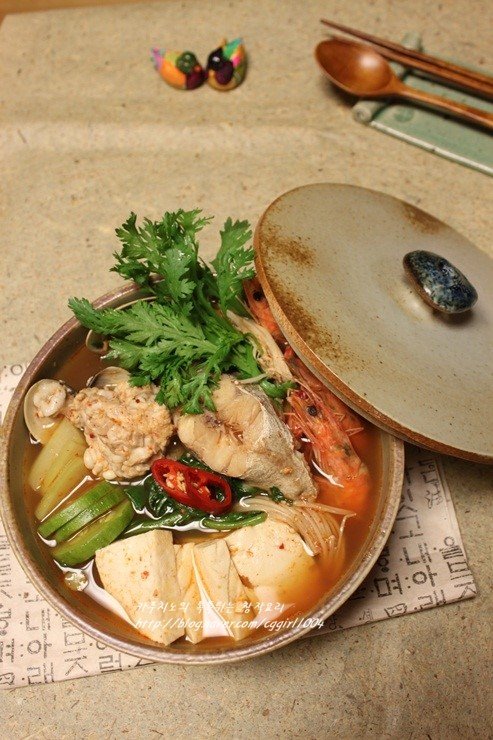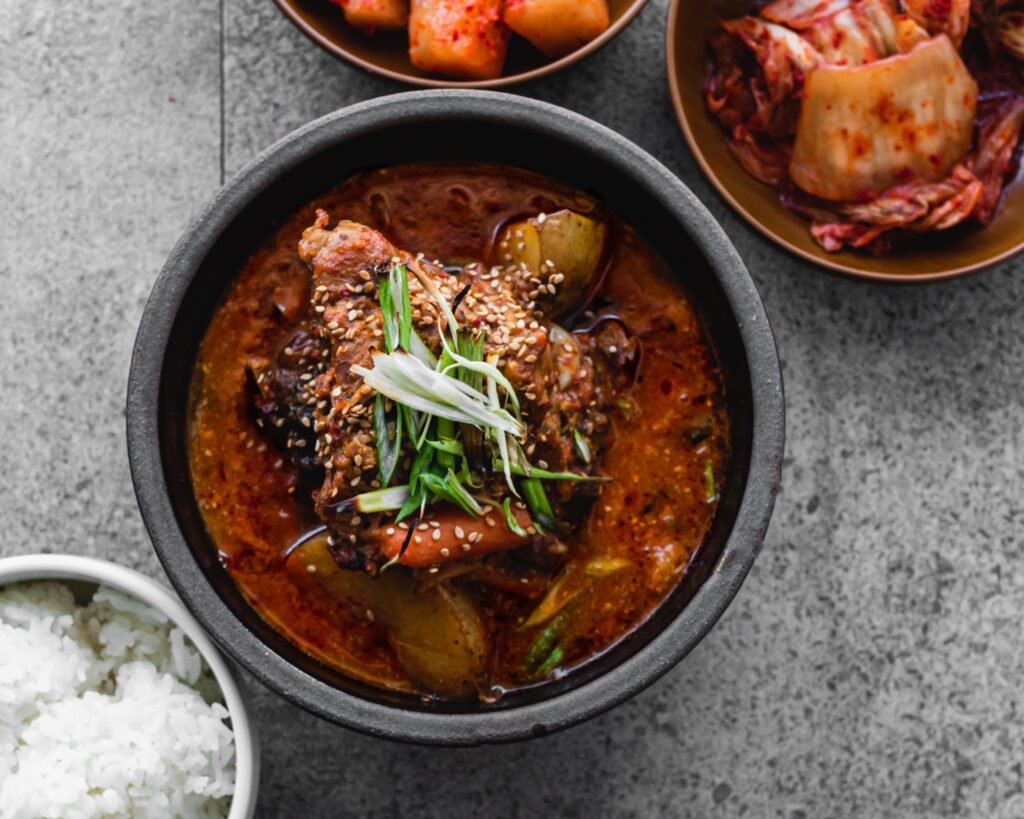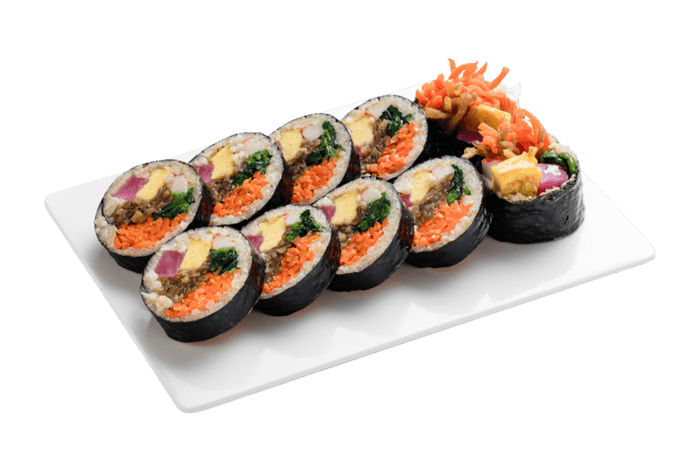함지 설렁탕 Hahmji Seoullongtang
설렁탕
설렁탕, pronounced as seolleongtang, is a traditional Korean beef bone soup that is loved by millions around the world. It is a popular dish that is not only delicious but also known for its health benefits. In this comprehensive overview, we will delve into the history, ingredients, preparation, and cultural significance of this iconic Korean cuisine.
History:
The origins of 설렁탕 can be traced back to the Joseon Dynasty, which ruled Korea from the 14th to the late 19th century. It is believed that 설렁탕 was originally enjoyed as a nutritious meal for farmers and laborers. The dish gained prominence over time and became a staple in Korean cuisine.
Ingredients:
The key ingredient in 설렁탕 is beef bones, typically from the leg or the spine of cattle. The bones are simmered for many hours to extract the rich flavors and nutrients. Other common ingredients include brisket, beef shank, and ox tail, which contribute to the robust taste and tender texture of the soup. The broth is typically seasoned with salt, garlic, and chopped green onions, although variations may include additional ingredients such as soy sauce or sesame oil.
Preparation:
The process of making 설렁탕 is time-consuming and requires patience. The beef bones are first boiled for several hours to remove any impurities and excess fat, resulting in a clear and flavorful broth. This slow cooking method allows the nutrients and collagen from the bones to be released, creating a gelatinous texture that gives the soup its characteristic richness. The meat is then sliced thinly and added to the broth along with other ingredients, such as Korean radish and glass noodles. The dish is simmered until the meat is tender and the flavors have melded together perfectly.
Serving and Accompaniments:
설렁탕 is traditionally served piping hot in a large bowl. It is often accompanied by various garnishes and condiments, such as minced garlic, salt, pepper, and sliced green onions. Some people also enjoy adding rice into the soup, creating a heartier meal. Kimchi, a popular Korean side dish, is also commonly served alongside 설렁탕 to complement its flavors. The dish can be enjoyed on its own or served with steamed rice, making it a versatile and satisfying meal.
Health Benefits:
Apart from its delicious taste, 설렁탕 is known for its health benefits. The broth is rich in collagen, which is beneficial for joint health and skin elasticity. The slow-cooked beef bones release essential minerals, including calcium and phosphorus. It is also a great source of protein, making it a nutritious choice for individuals looking to boost their protein intake. Furthermore, the soup’s mild and comforting nature makes it easy to digest and a go-to option for people recovering from illness.
Cultural Significance:
설렁탕 holds a cherished place in Korean culture and is considered a comfort food for many Koreans. The dish is symbolic of Korean generosity and hospitality, as it is often served to guests as a gesture of warmth and care. It is deeply rooted in Korean culinary traditions and is commonly enjoyed on special occasions, such as the hottest days of summer (called "boknal") or during the winter to warm up the body. The popularity of 설렁탕 has transcended borders, and it is now enjoyed by people from various cultural backgrounds worldwide.
In conclusion, 설렁탕 is a delectable Korean beef bone soup that carries a rich history, tantalizing flavors, and numerous health benefits. Its slow cooking process and careful selection of ingredients are what make this dish so special. Whether you are a fan of Korean cuisine or someone who loves exploring different flavors, 설렁탕 is a must-try dish that will leave you truly satisfied.
